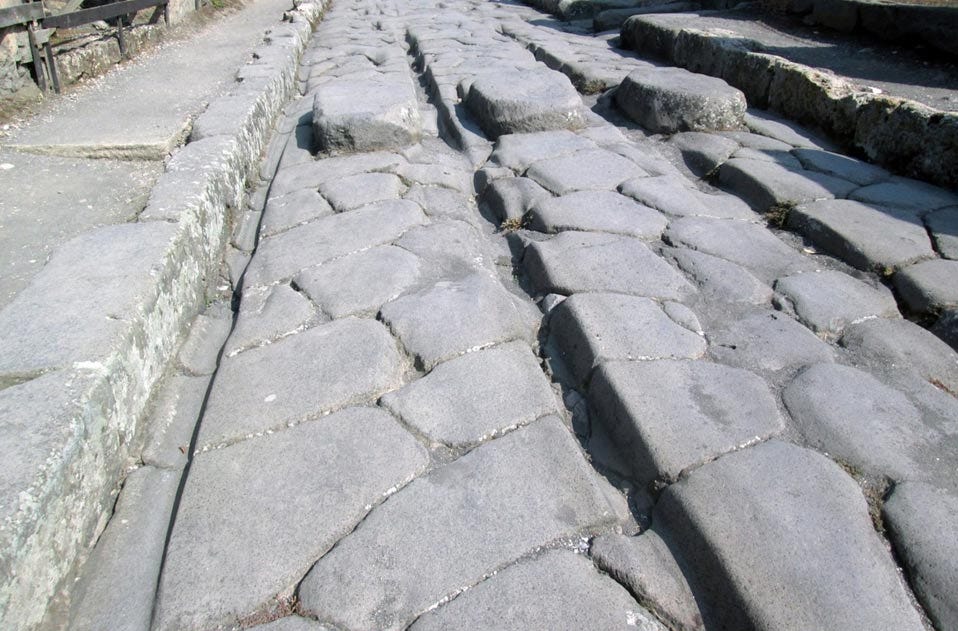Your software engineer is leaking
When too much of a good thing can go wrong
Traits are not universally “good” or “bad”, but depend on the environment in which they are expressed. We learn to repeat traits that seem to work and stop the ones that don’t.
The default path from school to college to corporate job selects and reinforces certain traits.
In school, I learned to focus for hours straight on the chosen material, how to sit still in a classroom, and how to get along with classmates.
School also taught me to fear failure, especially the feeling of not knowing something, through exams and pop quizzes.
As an engineer working at a corporate job, I started to understand how the traits learned in school applied to my new environment. Traits such as getting along with a team and focusing for hours on a computer turned out to be quite useful. I also picked up some useful skills, such as questioning assumptions, clarifying requirements, and how to build software.
I also learned that traits that help to make me “good” in school and as a software engineer don’t always apply outside of those contexts. The learned behavior leaks into other contexts with negative consequences.
As a new engineer, I was overwhelmed by all of the things I didn’t know. While the fear of not knowing something was useful to motivate studying in school, I had to unlearn that fear and accept that there will always be an endless amount of things I don’t know.
I tried to adapt these learned traits to new environments without even realizing it.
As a software engineer, thinking through all the ways something can fail is critical to avoiding disastrous engineering decisions, but not needed in real life when brainstorming new ideas, such as finding an exciting place to travel to or picking a new hobby.
Spending so much time conversing with my computer in code doesn't mean I can inspect the source code of the people around me. I, like many software engineers, seem to hold this fallacy (fantasy) to some extent and try to understand real life problems in the same way I try to solve a technical problem at work.
Rather than classifying our skills as “good” or “bad”, we can instead see how well they’re adapted to the environment we’re in. Our membranes are permeable, and we’re always soaking in the world around us.
Here are some lessons:
To see your future, look at the people more experienced in your current environment. Would you be excited to behave and think as they do?
We cannot realize all the ways we’ve adapted to the context we’re living in.
Advice is environment specific. The outcome of a given behavior may vary from one context to another.
Be aware of when your “software engineer” is leaking. Behaviors learned in one environment can be harmful in another.
You may need to actively unlearn things picked up in a different environment.
Recommended Reading
Diamond Dogs by Alastair Reynolds
A sci-fi novella set in the Reynolds’ “Revelation Space” universe. Imagine the far future where our bodies do not limit us in our pursuit of intellectual and physical goals. Technology exists to sculpt us in any way we desire.
As a rock climber, this story really appealed to me. Rock climbers do all sorts of crazy things to reshape their bodies to get better at climbing up a rock. Hanging off of tiny edges with increasing amounts of weight, climbing routes without using your feet, and dedicating hours or potentially weeks to a single route (project). Where does a climber stop in their pursuit of a climb and why?
Quote of the week
“Don’t allow your rituals to become ruts”
We shouldn’t lose sight of why we have our rituals in the first place. Rather than existing to fulfill our habits, they should serve us in some way.



Read this and sighed wistfully - it would be so nice if everyone was self-aware about their own “leakiness”. Thanks for the reminder.